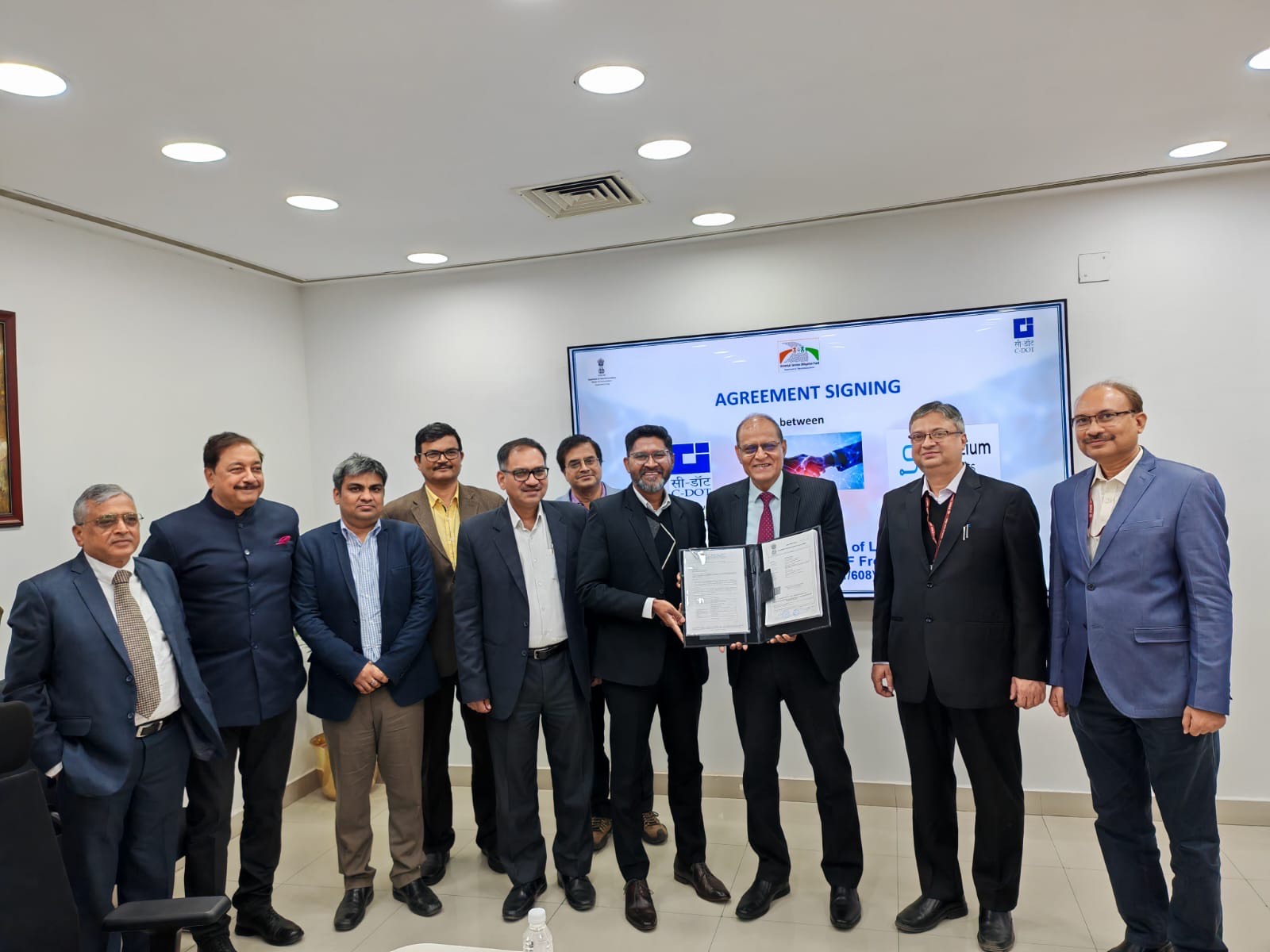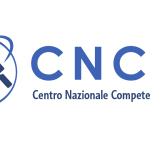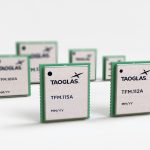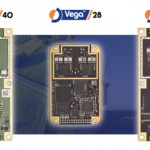The Centre for Development of Telematics (C-DOT), the Telecom R&D centre of the Department of Telecommunications (DoT), Government of India has signed an agreement with Silizium Circuits Pvt Ltd a fabless Semiconductor IP & SoC Startup under FABCI (Fabless Chip Design Incubator) for the “Design and Development of LEO Satellite Components and GNSS RF Front End ASIC”.
The agreement is signed under the Telecom Technology Development Fund (TTDF) scheme of the Department of Telecommunications, Government of India. This scheme, designed to fund Indian startups, academia, and R&D institutions, is an enabler for designing, developing, and commercializing telecommunication products and solutions. It aims to enable affordable broadband and mobile services, playing a significant role in bridging the digital divide across India.
Silizium Circuits, with support from the Telecom Technology Development Fund (TTDF), is set to develop advanced semiconductor solutions for LEO satellite components. This initiative aims to drive innovation in India’s satellite communication ecosystem by addressing key challenges such as power efficiency, high-speed data transmission, and robust signal integrity. Leveraging its expertise in analog, RF, and mixed-signal technologies, Silizium Circuits will contribute to the creation of high-performance, reliable communication systems. The goal is to support a wide range of LEO satellite infrastructure projects, catering to both the global market and India’s vision for a self-reliant, future-ready satellite communication network that enhances connectivity both in urban and rural circles, and advances next-generation broadband services.
The agreement was signed during a ceremony attended by the CEO, C-DOT – Dr. Rajkumar Upadhyay, Mr. Rijin John the Co-Founder & CEO of Silizium Circuits, Dr. Pankaj Kumar Dalela, Ms. Shikha Srivastava, Directors of C-DOT along with senior officials from DOT Dr. Parag Agarwal, DDG (TTDF) and Shri. Vinod Kumar, DDG(SRI).
Dr. Rajkumar Upadhyay underlined the importance of developing chips for communication needs and emphasized the support of C-DOT including its infrastructure during the project implementation.




.jpg)

